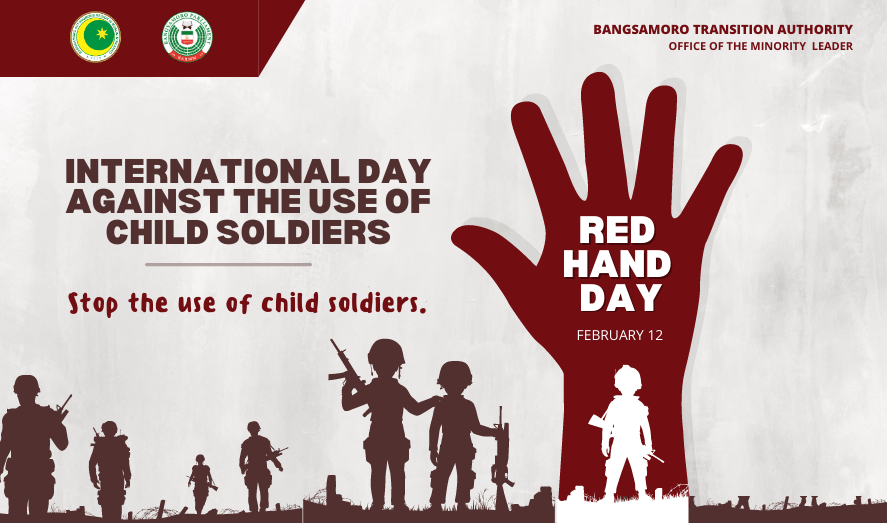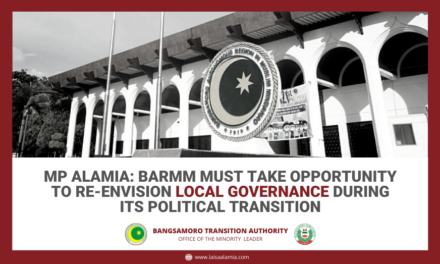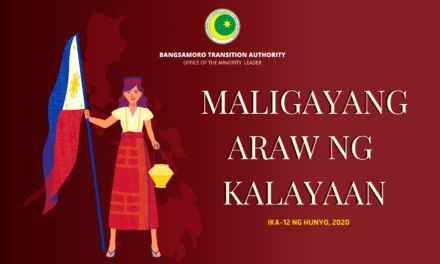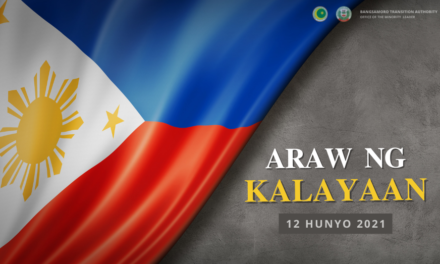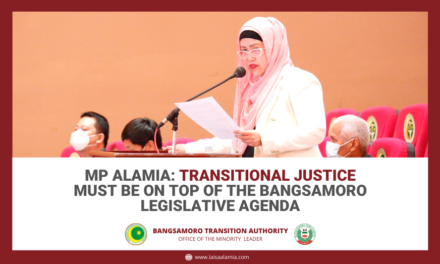A child has no place in the war zone, regardless of the nature or purpose of the conflict.
Today we join the national government and the rest of the world in celebrating the International Day Against the Use of Child Soldiers, and reaffirm our commitment to securing the safety and welfare of the generations to come.
Recruiting and using child soldiers in armed combat has long been recognized as a violation of the Constitution, [1] of customary international humanitarian law, [2] of the Convention on the Rights of the Child, [3] and of several domestic laws. [4] Tearing away children from their homes and families and exposing them to violence and brutality also goes against our shared moral values and community ideals.
Despite some significant headway made in recent years, the problem still persists in our country. In a report released last June 9, 2020, the United Nations verified 79 grave violations against 67 children in the Philippines—12 of whom were killed and 37 maimed, with a victim as young as 1 year old. There were 12 attacks on schools and protected personnel, which were attributed to the police, unidentified armed elements, the AFP, and the New People’s Army (NPA). [5]
Eighteen (18) children were reportedly recruited and used for combat by organizations such as the NPA, ISIL-inspired armed groups, and the Bangsamoro Islamic Freedom Fighters. The UN also verified the detention of 35 children arrested by the armed forces and the police for alleged association with armed groups. They were detained for periods lasting between 1 day to 10 months, with the youngest being aged only 11 years old. [6]
The International Day Against the Use of Child Soldiers comes as a reminder that the security and well-being of our children requires multi-dimensional commitments and solutions. If falls upon each and every one of us to ensure that our kids grow up in an environment free of violence, neglect, and maltreatment. In this light, the minority bloc of the Bangsamoro Parliament, headed by MP Atty. Laisa Masuhud Alamia, calls for a reinvigorated whole-of-nation approach in solving this menace.
We remind the government that it plays a key role in addressing the root causes of conflict. It bears the responsibility of enacting and implementing laws and treaty obligations that prevent the recruitment and use of child soldiers, and facilitate the reintegration of victims into society. Military and uniformed personnel, in particular, must also remember that the rights of children are paramount, even in situations of conflict, and that there is absolutely no room for collateral damage.
Families, local communities, people’s organizations, and civil society groups, on the other hand, must remember that they are the first lines of defense against such violence and exploitation. They should provide guidance and security to their young, and exercise watchful vigilance in protecting them. Other stakeholders must also take a principled stance against the recruitment and use of child soldiers, and condemn such practices for their sinister and deleterious effects on children, and on the country as a whole.
The Office of the Minority Floor Leader, for its part, has been active in advocating for children’s rights, especially those who have found themselves exploited or caught in conflict with the law. Among its leading projects for this year is the construction of the first Bahay Pag-Asa in BARMM, which is set to break ground in Basilan this February 2021, with others set to follow. The Office will continue to amplify the voice of the poor and marginalized, and fight to ensure respect for the dignity and human rights of all.
[1] Constitution, art. XV, § 3 (2).
[2] Jean-Marie Henckaerts & Louise Doswald-Beck, Customary International Humanitarian Law Volume 1: Rules 482-485 (Cambridge: 2009).
[3] Convention on the Rights of the Child, art. 38.
[4] R.A. No. 7610 (1992), the Special Protection of Children Against Abuse, Exploitation and Discrimination Act; R.A. No. 9851 (2009), the Philippine Act on Crimes Against International Humanitarian Law, Genocide, and Other Crimes Against Humanity; R.A. No. 11188 (2019), the Special Protection of Children in Situations of Armed Conflict Act.
[5] United Nations General Assembly Security Council, Report of the Secretary-General on children and armed conflict, ¶ 220, 223, 225, June 9, 2020, available at https://www.un.org/ga/search/view_doc.asp?symbol=S/2020/525&Lang=E&Area=UNDOC.
[6] Id. ¶ 221–222.

